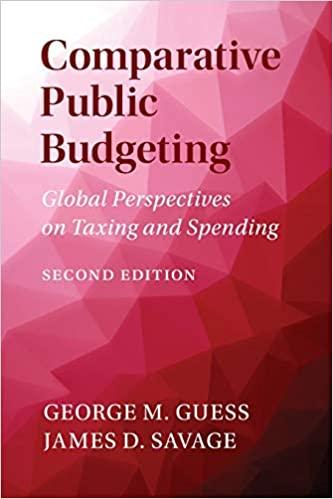Question
According to a report from WSJ, investors are gobbling up auto loans extended to the riskiest borrowers, looking past market warning signs as they reach
According to a report from WSJ, investors are gobbling up auto loans extended to the riskiest borrowers, looking past market warning signs as they reach further for returns. In 2018, investors have been buying subprime auto securitization deals that offer slices with single-B credit ratings, well into junk territory and the lowest grade offered when such bonds are sold. Auto lenders have issued $318 million worth of single-B debt in 2018, more than all prior years combined, according to data from Finsight. Subprime auto deals, often bought by large money managers and other institutional investors, are typically backed by loans to borrowers with FICO scores below the mid-600s. Because these borrowers are at higher risk of default, the bonds tied to their loans can offer higher yields. Typically such bonds are subdivided into various layers, each with a different level of risk and return based on the order in which they receive payments.
Should investors be concerned that the amount issued in 2018 exceeds the amount issued in all prior years combined? Should government regulators be concerned? Why or why not? Given that borrowers tended to pay car loans even as they defaulted on their mortgages, do the single-B ratings overstate the risk of investing in the bonds? Why or why not?
Step by Step Solution
There are 3 Steps involved in it
Step: 1

Get Instant Access to Expert-Tailored Solutions
See step-by-step solutions with expert insights and AI powered tools for academic success
Step: 2

Step: 3

Ace Your Homework with AI
Get the answers you need in no time with our AI-driven, step-by-step assistance
Get Started


